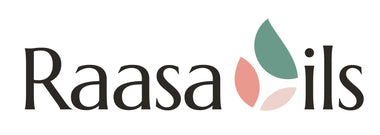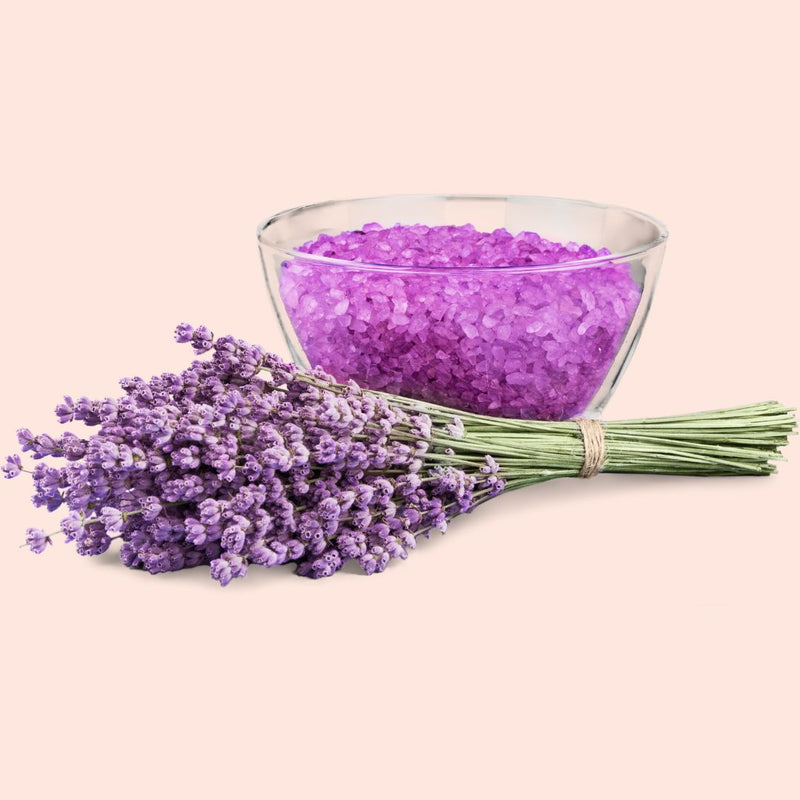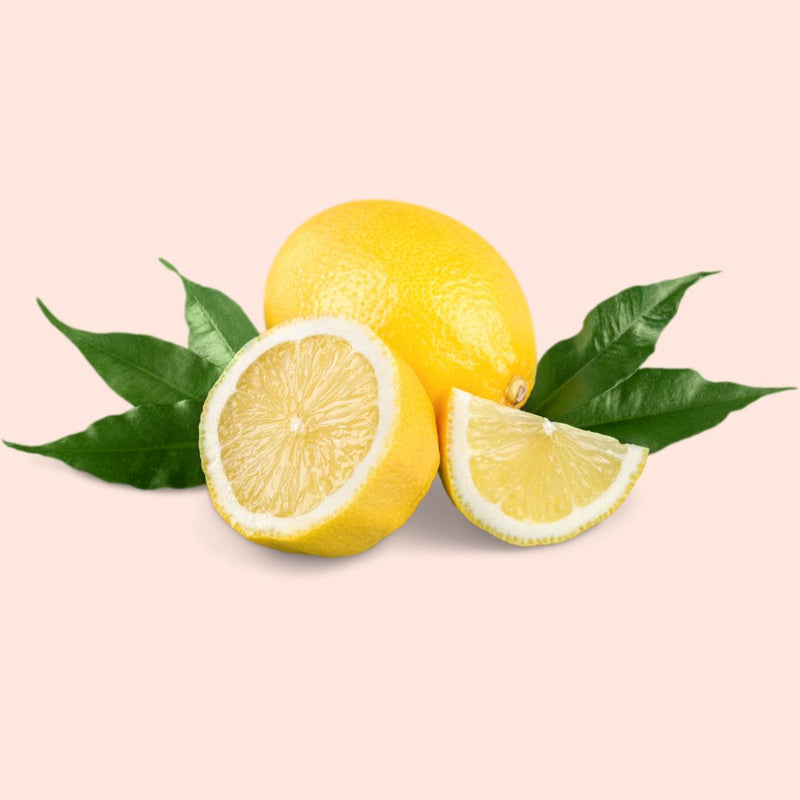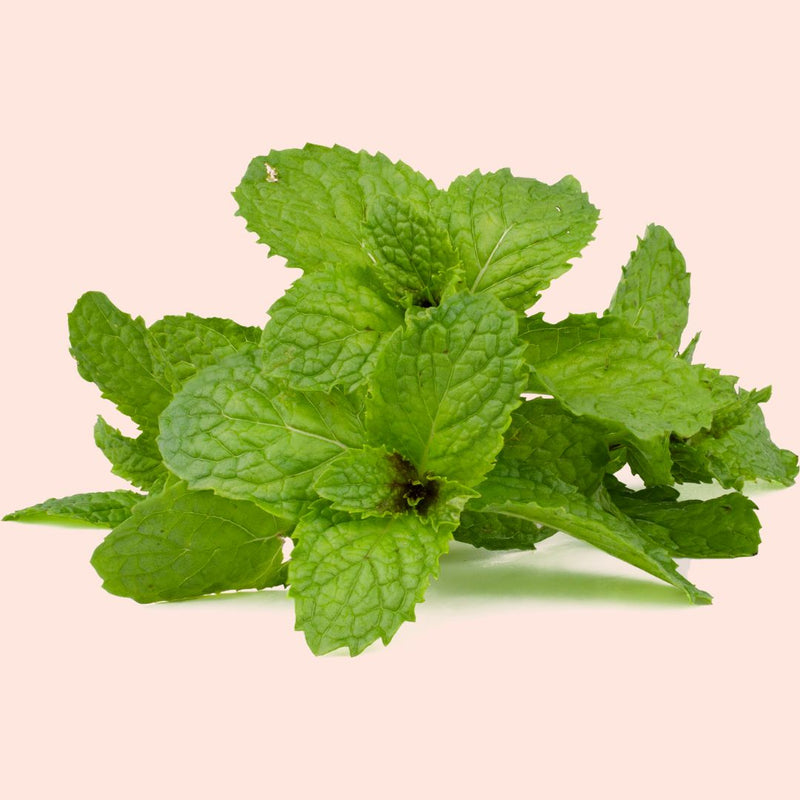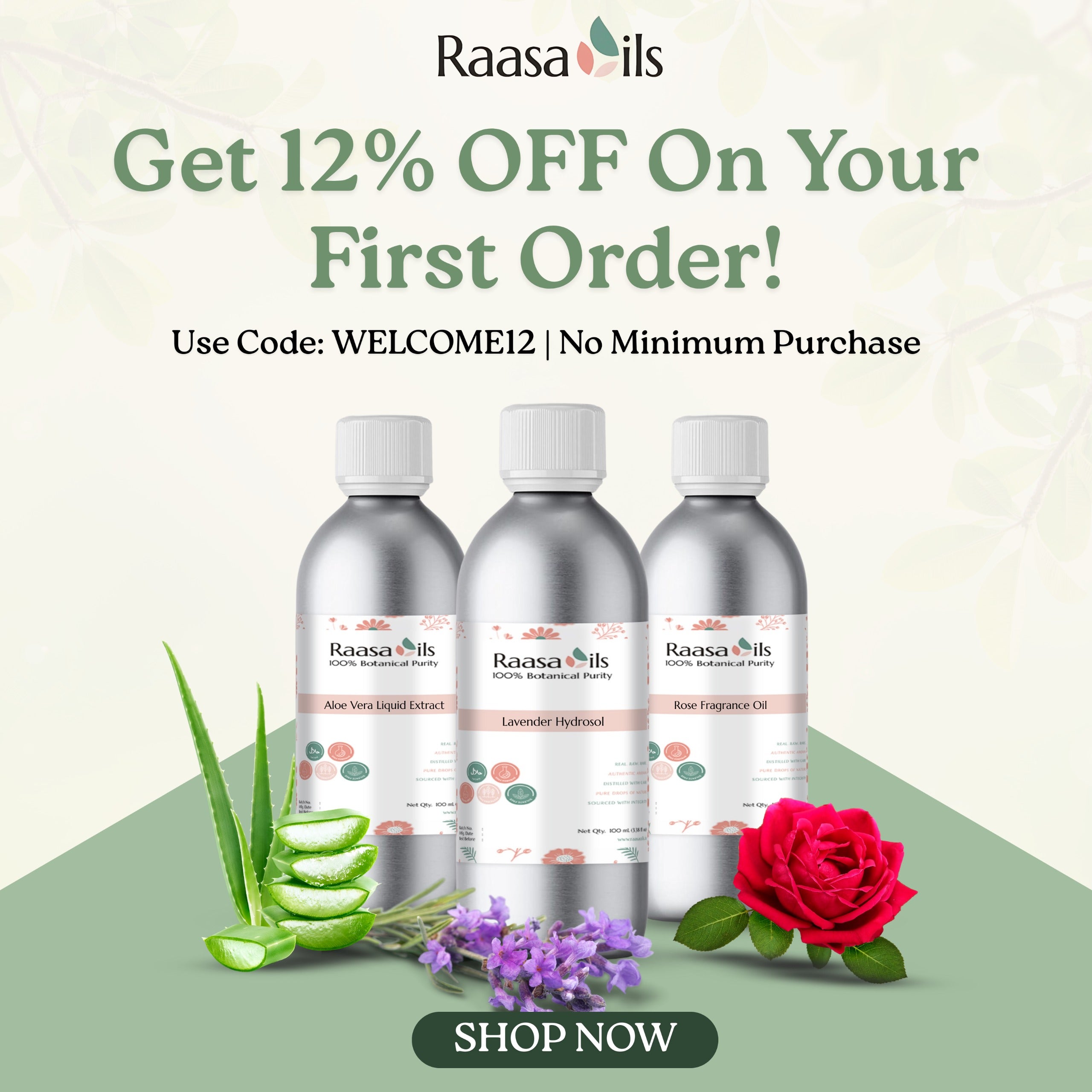The art of soap making is one that is fun and worthwhile, even more so when scented with fragrant and healing essential oils. Attributable to the lovely aromas that they bring to your soap, these natural extracts do more than just make it smell and feel good; they also provide relaxation, skin nutrients, antimicrobial effects, and revitalizing effects. Essential oils go a long way in providing variety that can be used in personal use, gifts, or even a small business making soap, with invigorating peppermint and calming lavender being just a few. The best essential oils to use and how to utilize them rely on the purpose of using the soap, either as a moisturiser, cleanser, energiser, or calmer. It takes only a few drops to turn a simple soap recipe into an aromatic snack that is pleasant to the senses and to the skin in a natural manner.
Top 10 Organic Essential Oils For Soap Making
Any natural soap recipe requires essential oils. They have perfuming, medicinal, and skin-benefitting qualities. The ten listed essential oils below are the most popular among soap makers due to their distinctive scents and versatility on different skin types. How about their benefits to soap making?
1. Lavender Essential Oil For Soap Making
A soap-making classic, lavender essential oil is a soothing, fragrant essential oil with skin-calming qualities. It is mild to sensitive skin, and it would work perfectly with bed or relaxation soaps. Lavender essential oil complements rosemary, tea tree, and citrus oils, so it is also a useful addition to any other soap mix. Its fresh, floral scent adds a timeless appeal, making it a top choice for handmade skincare.
2. Vanilla Essential Oil for Soap Making
Technically, a vanilla essential oil-resin or absolute, vanilla essential oil lends a rich, sweet, and comfortingly wholesome scent. It is great for preparing creamy dessert soaps. Vanilla essential oil also mixes with sandalwood and lavender essential oils, as well as citrus, making your homemade soap exude a gourmand quality. Its warm aroma creates a luxurious bathing experience that feels both nostalgic and indulgent.
3. Rose Essential Oil for Soap Making
Rose essential oil gives your soap a posh, floral aroma and the best skin nourishment. It works well on parched skin or old-looking skin. It may be costly, but just a smidgen of rose essential oil is enough to bring sophistication and medicinal efficacy. It is used together with lavender, geranium oils, as well as citrus oils. The romantic scent elevates even the simplest soap into something elegant.
4. Lemon Essential Oil for Soap Making
Lemon essential oil provides a clean, crisp scent that’s uplifting and fresh. Its antibacterial and astringent properties make it ideal for oily skin or cleansing soaps. However, lemon essential oil can be photosensitive, so it’s best used in wash-off products like soap rather than leave-on products. Its energizing aroma makes lemon a perfect morning pick-me-up in handmade soap bars.
5. Peppermint Essential Oil for Soap Making
Peppermint essential oil brings a cool, refreshing feel to soaps, awakening the senses and invigorating the skin. It's perfect for morning-use soaps or foot scrubs. Its antimicrobial properties also support cleanliness. Peppermint essential oil pairs beautifully with rosemary, eucalyptus, and tea tree essential oils for a refreshing blend. The icy scent offers a spa-like tingle that revitalizes and uplifts with every use.
6. Sandalwood Essential Oil for Soap Making
Sandalwood essential oil provides creamy, woody notes to your soap to make it rich and deep. It feels calming on upset skin, and has been likened to being very grounding and relaxing. Sandalwood essential oil is well complemented by floral and citrus oils, and thus it is a great soap that creates indulgent, spa-like soap bars. Its luxurious scent lingers softly, making it a favorite for evening routines.
7. Tea Tree Essential Oil for Soap Making
Tea tree essential oil is one of the most powerful ingredients in soap making, especially when it comes to skin that is prone to acne or oily skin. Its antibacterial and antifungal properties are used in cleansing soaps. As a bold, medicinal, natural perfume lover, this combination pairs up with lavender, tea tree, particularly peppermint, and lemon for the balance system. It gives your soap a clean, purifying edge.
8. Eucalyptus Essential Oil for Soap Making
Eucalyptus essential oil has decongestant and antibacterial properties and achieves a crisp and clean scent. It is wonderful in facilitating morning showers and soap that is intended to be respiratory-relieving. Eucalyptus essential oil can also be blended with peppermint, lemon, and tea tree essential oil to make a tight combination with a fresh smell that suits the man and unisex soaps. Its invigorating nature leaves the skin tingling and refreshed.
9. Lemongrass Essential Oil for Soap Making
Lemongrass essential oil offers a zesty, lemony scent with antiseptic and toning properties. It’s a great addition to deodorizing and cleansing soaps, especially for active lifestyles. Lemongrass essential oil complements lavender, rosemary, and citrus oils and adds a spa-like aroma to any soap blend. Its energizing scent is ideal for gym soaps, foot scrubs, or any product meant to refresh and renew.
10. Rosemary Essential Oil for Soap Making
The essential oil of rosemary has a fresh and herbal aroma and stimulating and antioxidant properties. It is ideal for oily or mixed skin, or boosts blood circulation. Rosemary essential oil combines with lavender, peppermint, and tea tree essential oils to provide your soap with refreshing and cleaning properties. Its invigorating scent sharpens focus and creates a revitalizing cleansing experience that lingers.
Making Homemade Soap With Essential Oils
No one wants to use a skincare product that does not match their specifications; that is why it is natural to make your own natural soap with essential oils. You can make some bars using only a couple of ingredients and a bit of creativity that will also smell so good and be serious on your skin.
Ingredients:
- Soap Mold
- Dried Herbs or Flowers (Optional)
- Double Boiler or Microwave-Safe Bowl
- 15–20 Drops of Essential Oils (Mix of Your Choice)
- 500g Melt-and-Pour Soap Base (Goat Milk, Shea Butter, or Glycerin)
Directions:
- Cut the soap base into cubes and melt it using a double boiler or microwave.
- Remove from the heat and let it cool slightly.
- Add your essential oils and optional herbs. Stir well.
- Pour the mixture into soap molds.
- Let it sit for a few hours until completely solid.
- Unmold, label, and enjoy your handmade essential oil soap.
Frequently Asked Questions
You might wonder how you can source essential oils to make soap, how to blend, and how safe it can be, especially when you have just started using essential oils in your soaps! The following are responses to some of the most frequent questions that would assist in the process of making soaps.
Q: Where to buy bulk essential oils for soap making?
Ans: You can buy bulk essential oils from reputable suppliers like Raasa Oils, Plant Therapy, and Bulk Apothecary. Look for therapeutic-grade oils and lab-tested purity.
Q: How to mix essential oils for soap making?
Ans: Start with a blend of top, middle, and base notes. Use about 3–5% of the total soap weight in essential oils. Experiment with small batches to find your favorite combination.
Q: Best place to buy essential oils for soap making?
Ans: Online retailers specializing in soap-making supplies, such as Raasa Oils, Eden’s Garden, and New Directions Aromatics, are excellent choices.
Q: Can I use essential oils for soap making?
Ans: Yes, essential oils are safe for soap making if used properly. Always dilute and follow usage guidelines for skin-safe concentrations.
Conclusion
Essential oils impart a natural smell, as well as aromatic appeal to homemade soaps, and they have skin-friendly properties. No matter whether you design soaps to entertain or start a company, a combination of oils may create the difference between a bizarre and a worthy batch. Select carefully, adventure creatively, and taste the delight of nature-and-love made soaps.
Disclaimer: The article is informative in nature. You should carry out a patch test prior to applying essential oils to your skin. Talk to your healthcare professional in case of allergies or sensitive skin, or medical conditions. Take the aforementioned tricks in suggested dosages and observe the needful soapmaking rules.
